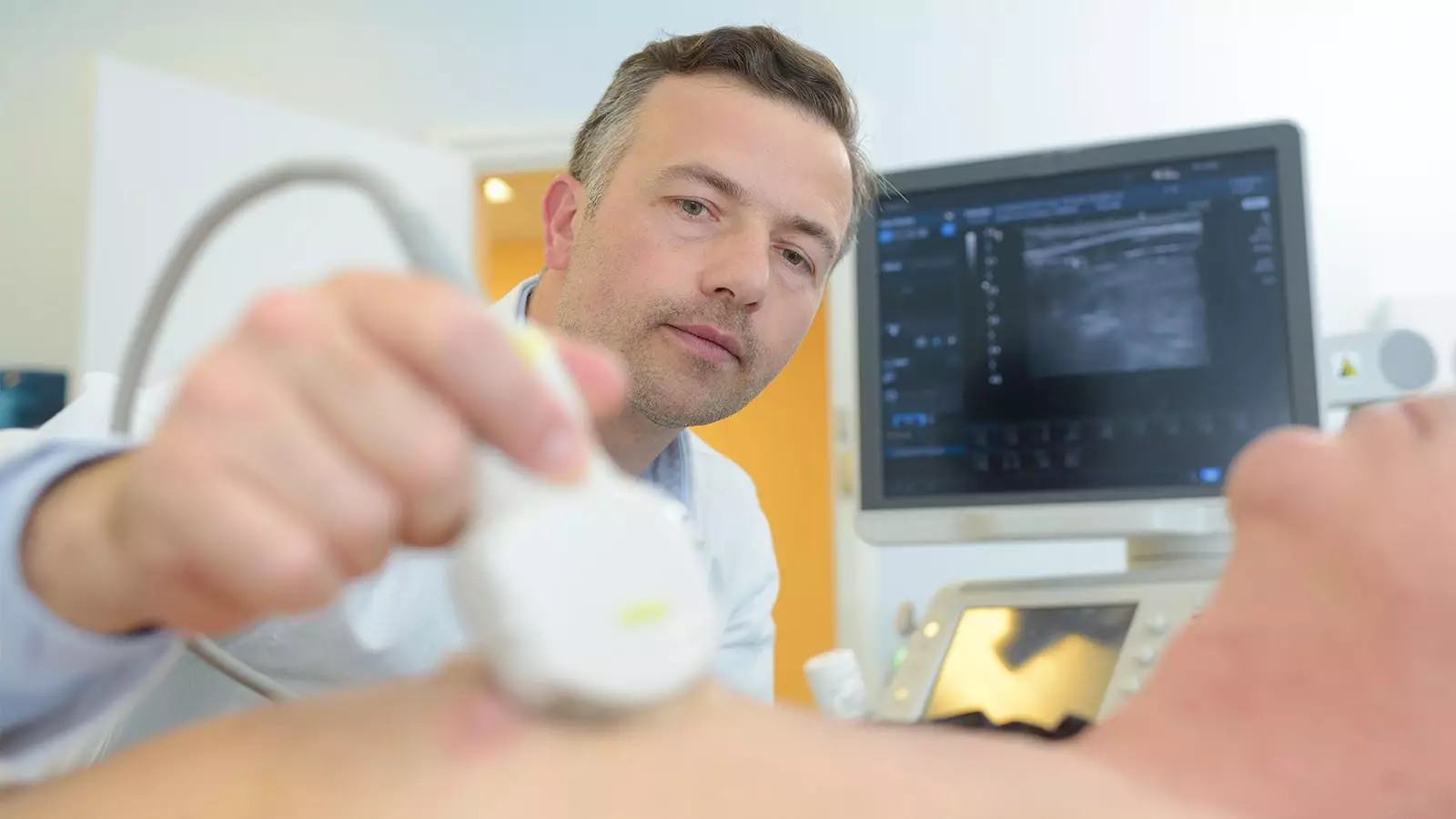A recent prospective study has shed light on the relationship between psoriasis and coronary microvascular dysfunction (CMD). The study, conducted by Stefano Piaserico, MD, PhD, and his team at the University of Padua in Italy, found that almost a third of patients with severe psoriasis had echocardiographic evidence of CMD. The findings suggest a possible mechanistic explanation for the well-established association between psoriasis and cardiovascular disease.
It is widely recognized that patients with psoriasis have an increased risk of cardiovascular morbidity and mortality, primarily due to accelerated atherosclerosis and premature coronary artery disease. However, despite this knowledge, many patients with psoriasis are undertreated for cardiovascular risk factors. A study revealed that a majority of patients would welcome input from their dermatologist regarding cardiovascular risk. However, only a third of dermatologists surveyed agreed to prescribe statins for primary prevention.
Psoriasis-induced inflammation is believed to be the underlying mechanism contributing to the excess cardiovascular risk associated with the condition. This inflammation can affect both atherosclerotic plaque formation and coronary microvascular function. The recent study by Piaserico and his colleagues adds to this understanding by providing evidence of CMD in patients with psoriasis.
The study included 503 patients with psoriasis, of which 448 had complete information on CMD and psoriasis status. The results showed a correlation between psoriasis severity and the risk of CMD. For every 1-point increase in the Psoriasis Area and Severity Index (PASI) score, the risk of CMD increased by 5% to 6%. Additionally, each one-year increase in psoriasis duration was associated with a similar increase in CMD risk.
The findings of this study highlight the importance of diagnosing and actively searching for microvascular dysfunction in patients with psoriasis. Psoriasis patients have a particularly high risk of cardiovascular events, and CMD may serve as a marker for this risk. Assessing coronary flow reserve (CFR) could be a valuable tool for monitoring vascular function during psoriasis therapy, potentially reducing the risk of subsequent cardiovascular events.
Evidence suggests that early and effective treatment of psoriasis may restore CMD and reduce the risk of myocardial infarction and heart failure. Some preliminary studies have shown that treatment with TNF-alpha inhibitors, ustekinumab, or secukinumab can significantly increase CFR after 4-6 months. These findings provide hope for improving cardiovascular outcomes in patients with psoriasis.
Despite the growing body of evidence linking psoriasis to cardiovascular disease, many patients with psoriasis remain undertreated for cardiovascular risk factors. The study highlighted the importance of dermatologists assessing cardiovascular risk and lipid levels in psoriasis patients. Collaboration between dermatologists and cardiologists could lead to improved risk management strategies for this high-risk population.
The study conducted by Piaserico and his team provides new insights into the link between psoriasis and coronary microvascular dysfunction. The findings emphasize the need for proactive screening and management of cardiovascular risk factors in patients with psoriasis. By identifying and treating CMD early in the course of psoriasis, the risk of cardiovascular events could be reduced. Further research is needed to explore the impact of various treatment options on coronary microvascular function and long-term cardiovascular outcomes in patients with psoriasis.


Leave a Reply